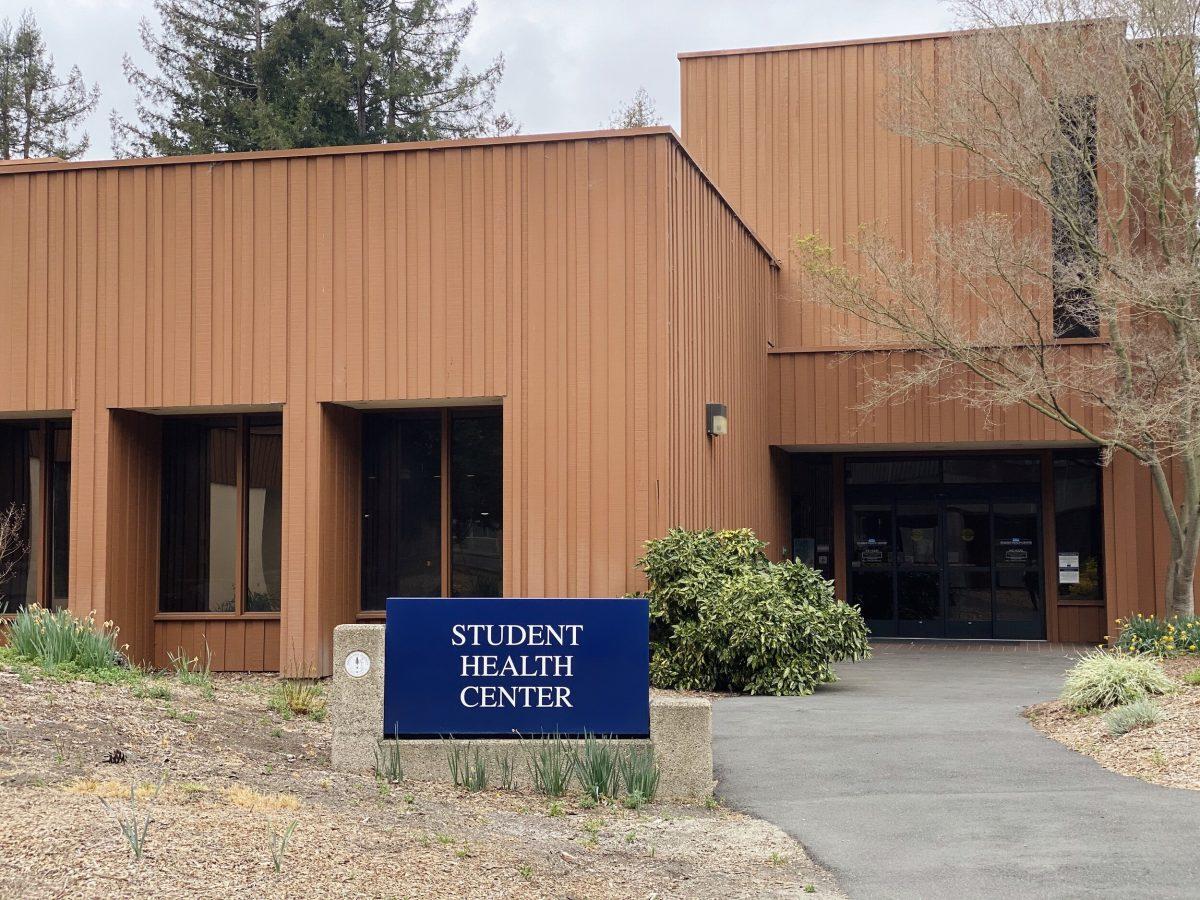The Coronavirus, COVID-19, spread quickly around the world and sparked many different theories and discussions on how to help prevent the virus. Now, with the county of Sonoma declaring a Local Public Health Emergency and two confirmed cases in Rohnert Park, Sonoma State University is attempting to prepare their students to help prevent the spread of this disease.
A press release about the Local Public Health Emergency, from the County of Sonoma’s Department of Health, stated, “These proclamations empower the County to more effectively respond to the outbreak, seek and utilize mutual aid, potentially obtain reimbursement, coordinate communications with stakeholders and the community. The proclamations will also ensure that the County’s public health professionals have all necessary tools at their disposal to keep the community safe.”
It’s important to note that both current patients in Sonoma county are isolated in an anonymous local hospital, and all cases of COVID-19 have been linked to travel. There are currently no confirmed cases of COVID-19 at Sonoma State.
COVID-19 starts showing symptoms as soon as two days and as late as 14 days after infection. These symptoms include fever, cough, and shortness of breath. However, if a student is experiencing these symptoms, they are advised to call the Health Center at 707-664-2921 before coming in for care and stay home as to not spread any illnesses or viruses. Sonoma State has, among other things, encouraged faculty with strict attendance policies to take into consideration the current climate when a student is unable to attend class because they are ill.
Dr. Kathleen Andersen, interim director at Sonoma State’s Health Center, illustrated that “SSU is working diligently to prepare students, staff, and faculty for any infectious disease outbreak and to support the university’s academic mission. This is best accomplished by focusing on [the] best public health practices. Contingency planning has been underway for all areas of SSU should an outbreak occur to maintain continuity of academic work and support operations.”
Sonoma State and the Center for Disease Control is advocating for students to practice good hygiene skills to reduce contamination. Since the disease spreads from person to person and can spread from objects to people, there are some nearly effortless ways to prevent contamination. Some easy and powerful tricks that students can do to help prevent the spread of COVID-19 is by washing their hands regularly, covering their coughs and sneezes, and avoid touching their eyes, nose, and mouth. It’s not recommended for a healthy person to wear a face mask, however, it is for someone who is showing symptoms of COVID-19 to help prevent the spread of the virus to others.
The virus can stay on surfaces up to several days, however, the virus is unlikely to persist on a surface that has been exposed to different conditions and temperatures. For this reason, there is no evidence that COVID-19 can spread through shipped goods from contaminated countries, at this time.
An important and dangerous thing the CDC does warn about is the social stigma that can come from ill-founded information about the disease. A particular race and ethnicity of a person is not an indicator if they are carriers of the virus. The CDC warns that stigma can cause physical violence, social rejection, and denial of health care or education toward these minorities.
Dr. Andersen explained, “Viruses do not discriminate and to attribute an infectious disease to any one population is scientifically inaccurate and indefensible.”
The CDC warns against stigma, as there are many negative side effects. Physical violence and denial of health care done out of fear can kill people, just as the virus itself can. The best way to fight against stigma and falsities is by being informed and speaking up against negative behaviors that target minorities.





![[Both photos courtesy of sonoma.edu]
Ming-Ting Mike Lee stepped in as the new SSU president following Sakakis resignation in July 2022](https://sonomastatestar.com/wp-content/uploads/2024/04/CC4520AB-22A7-41B2-9F6F-2A2D5F76A28C-1200x1200.jpeg)


























